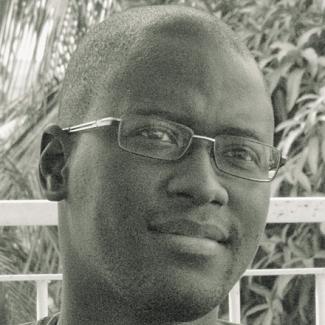Development discourse
Unsustainable western exceptionalism

The term “development” has a long and troubled history. Before World War I, the colonial powers claimed to bring civilisation to the regions under their control. Then they began to speak of “developing” them, while the west was seen as the model of how to do so.
The idea was to promote economic growth and – after the collapse of the Soviet Union – representative democracy. The promise was that the western way of life was not only desirable, but also achievable. That is a myth, as the Brazilian economist Celso Furtado pointed out long ago. Nonetheless, bilateral as well as multilateral aid agencies still cling to this myth.
The truth is that the “developing countries” will never obtain the same standard of living as the “developed countries”. The reason is not any racial, cultural or institutional difference. Catching up is impossible because the economic trajectory of western Europe and North America was always based on “ecological exceptionalism”. It still is, and it simply cannot be reproduced everywhere.
Since the advent of the Industrial
Revolution in the 18th century, western Europe has made considerable material progress. It was long the centre of the world system until it passed leadership on to North America in the first half of the 20th century. For people in Asia, Africa and Latin America to achieve the standard of living enjoyed by the average European or North American would mean a similar level of consumption – or more precisely: waste of global resources. Such a feat is plainly impossible. If all the inhabitants of our earth were to consume as the average EU inhabitant does, we would need 2.8 planets, as the World Wide Fund For Nature (WWF) pointed out in 2019. We only have one. According to the international environmental NGO, the EU only has seven percent of the world population – but it uses almost 20 % of the planet’s biocapacity.
Does the impossibility of economic catch-up mean that the majority of the world’s inhabitants are condemned to live in poverty and under the weight of inequality? No, not at all. Instead, the appropriate conclusion is that the ecological exceptionalism of western civilisation is unsustainable. It cannot be the model for the rest of the world.
Stripping western-centred materialism from the idea of development will not be easy. More needs to be done than merely adding politically correct adjectives like “sustainable”, “inclusive” or “pro-poor” to the noun “development”.
That does not mean that we should drop the guiding principles of the Sustain-able Development Goals. They include “leave no one behind”, “end hunger” and “ensure public health”. They are valid, but the point is that none of it can be achieved by turning every country into something like Germany, France or the USA.
The idea of development must be dewesternised. We need a different kind of human civilisation. It must be based on the rational management of environmental resources, solidarity among the world’s peoples, and – most important – on the equality of all human beings. Despite the pressing challenge of climate change, the beginnings of such a political-ethical revolution are evident around the world. It is encouraging to see the statues that celebrate the legacy of slave traders and imperialist oppressors fall in many countries, especially in western Europe and North America.
Ndongo Samba Sylla manages programmes and research at the Dakar office of the Rosa Luxemburg Foundation, which is affiliated to Germany’s Left party.
Twitter: @nssylla








